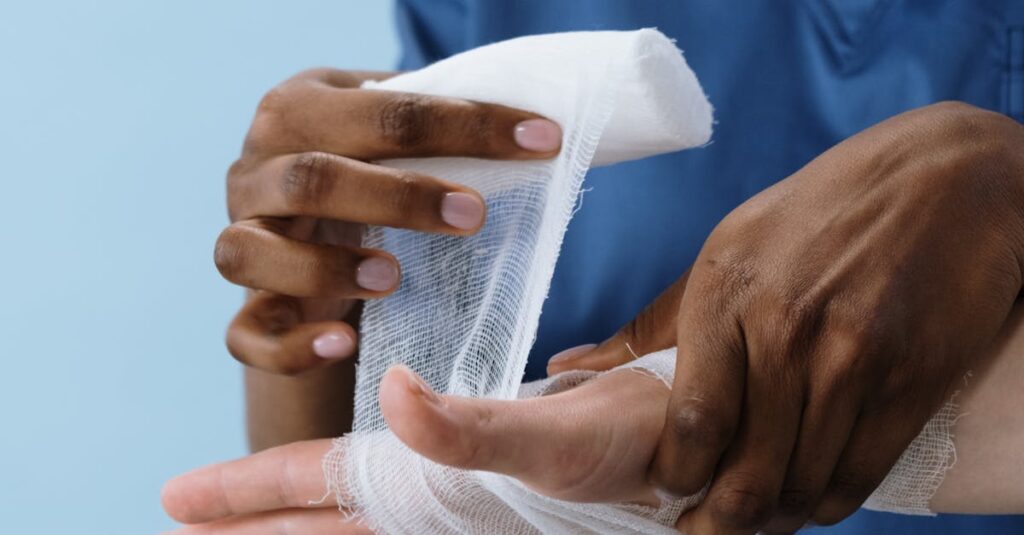Precision diagnostics are revolutionizing how we approach wound care. By utilizing advanced molecular diagnostics, healthcare providers can achieve faster pathogen detection and significantly improve patient outcomes.
The Limitations of Traditional Cultures
Traditional culture methods have long been the standard for identifying pathogens in wound care. While effective to some extent, these methods have notable limitations:
- Time-consuming: Traditional cultures can take several days to yield results, delaying crucial treatment decisions.
- Limited sensitivity: Some pathogens may not grow well in culture, leading to false negatives.
- Inability to detect resistance genes: Traditional cultures often fail to identify antibiotic resistance, complicating treatment plans.
The Advantages of Molecular Diagnostics
Molecular diagnostics, particularly those utilizing PCR (Polymerase Chain Reaction) technology, offer a transformative alternative to traditional cultures. Here are the key benefits:
Faster Pathogen Detection
One of the most significant advantages of molecular diagnostics is the speed at which they can detect pathogens. PCR technology can identify the DNA or RNA of pathogens within hours, rather than days. This rapid detection allows healthcare providers to initiate appropriate treatments much sooner, potentially reducing the severity of infections and improving patient outcomes.
Increased Accuracy and Sensitivity
Molecular diagnostics are highly sensitive and can detect even low levels of pathogens that traditional cultures might miss. This increased accuracy ensures that infections are identified correctly, leading to more targeted and effective treatments.
Detection of Resistance Genes
Antibiotic resistance is a growing concern in healthcare. Molecular diagnostics can identify specific resistance genes, enabling clinicians to select the most effective antibiotics from the outset. This not only improves patient outcomes but also supports antibiotic stewardship by reducing the misuse of broad-spectrum antibiotics.
Comprehensive Pathogen Profiles
Using molecular diagnostics, healthcare providers can obtain a comprehensive profile of the pathogens present in a wound. This includes not only bacteria but also fungi and viruses, offering a more holistic view of the infection and guiding more precise treatment strategies.
Implementing Molecular Diagnostics in Wound Care
Integrating molecular diagnostics into wound care practices involves a few key steps:
- Sample Collection: Proper collection and handling of wound samples are crucial for accurate results. Training staff on best practices ensures the integrity of samples.
- Laboratory Analysis: We ensure that samples are processed using state-of-the-art PCR technology, delivering rapid and accurate results.
- Interpreting Results: Molecular diagnostics provide detailed insights that require careful interpretation.
Supporting Antibiotic Stewardship
Antibiotic stewardship is a critical component of modern healthcare, aiming to optimize antibiotic use and combat resistance. Molecular diagnostics support this goal by providing precise information about pathogens and their resistance profiles, allowing for more judicious use of antibiotics.
Conclusion
Molecular diagnostics represent a significant advancement in wound care, offering faster, more accurate pathogen detection and improved patient outcomes. By leveraging these cutting-edge technologies, healthcare providers can make more informed decisions, ultimately leading to better care for patients. As we continue to innovate and refine our diagnostic solutions, we remain dedicated to empowering clinicians with the insights they need to succeed in their critical work.
*Photo by cottonbro studio
